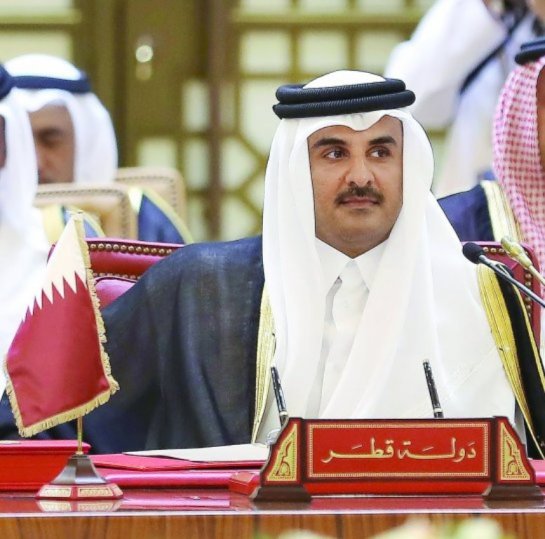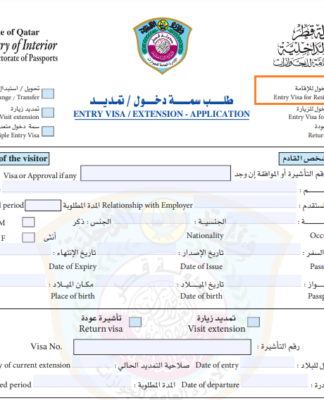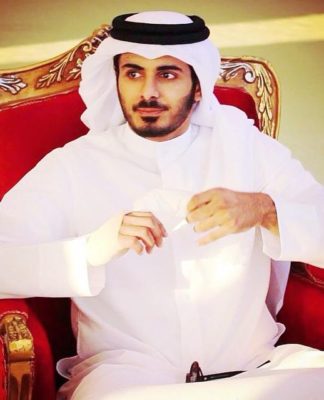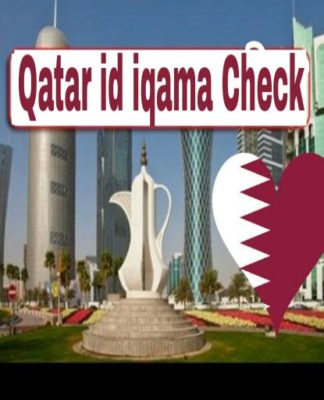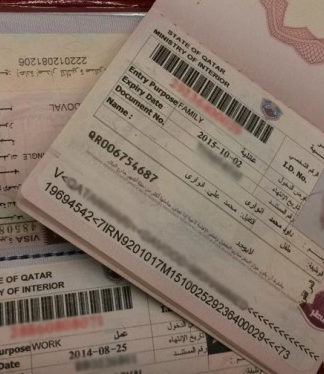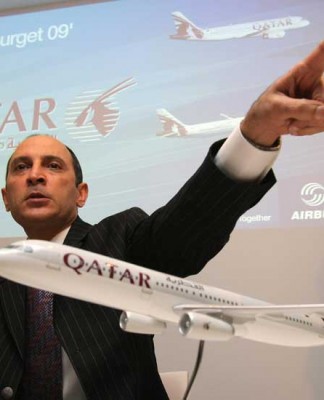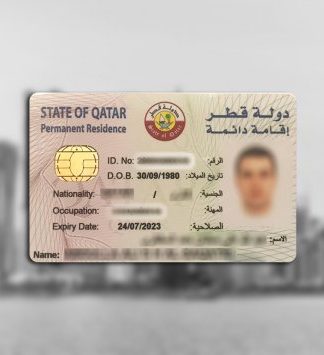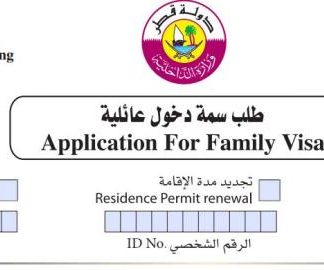
By Irfan Bukhari / The Peninsula
The year 2016 saw major milestones for Qatar, under the leadership of Emir H H Sheikh Tamim bin Hamad Al Thani, in all areas ranging from domestic policies, development projects to international diplomacy.
The year witnessed implementation of fundamental reforms in the country’s labour and residency laws, benefiting both the expatriate workers and the employers.
Qatar continued its support to the Syrian people, in a rare gesture, cancelled the National Day celebrations slated for December 18 in solidarity with the Syrians in the besieged Aleppo city.
Along with achieving a number of goals in health, education, transportation, infrastructure, communication, information technology, sports, aviation etc. at home, Qatar’s role in regional and global politics and decision-making remained more than constructive and decisive.
Strengthening Qatar’s relations with various countries in the world, the Emir visited Russia, Italy, Bosnia and Herzegovina, France, Turkmenistan, Azerbaijan, Turkey, Morocco, Tunisia, Algeria, Mauritania, Argentine, and Colombia and signed bilateral agreements.
Building on Qatar’s successful mediation in Darfur that led to the Darfur Peace Agreement the Emir visited North Darfur to mark the achievements made by ending the war and inaugurate the era of reconstruction and development.
In his address to the United Nations last September, the Emir called on the world to hold its commitments and responsibilities towards the key issues in the region without bias and selectivity.
On October 24, the Grandfather Emir H H Sheikh Khalifa bin Hamad Al Thani died at age 84. The Emir ordered three days of public mourning in the country.
Early this month, Qatar hosted the Custodian of the Two Holy Mosques King Salman bin Abdulaziz Al Saud of Saudi Arabia in a historic visit that took relations between the nations to new heights. During the visit, the Emir directed that an area inside Education City be allocated to Saudi Arabia to establish an academic project that contributes to diverse knowledge enrichment.
Prime Minister and Interior Minister H E Sheikh Abdullah bin Nasser bin Khalifa Al Thani visited Tunisia, Saudi Arabia, Kuwait, United Arab Emirates, and India to strengthen bilateral ties.
Qatar presented the “Sheikh Tamim bin Hamad Al Thani Anti-Corruption Excellence Award” in Vienna to appreciate the contribution to anti corruption efforts of the winning entities and personnel.
Milestones for Qatar in 2016

On the legislation side, the most important development in 2016 was the enactment of Law No. 21 of 2015 regulating the entry, exit and residency of expatriates. The law that came into force on December 13 abolished the Kafala system, guaranteeing greater flexibility, freedom and protection to Qatar’s more than 2.1 million expatriate salaried workforce. Expatriate workers got the right to change jobs subject to conditions set by the law.
In October, the State Cabinet approved the draft law organising investment of non-Qatari capital in the economic activity. Utility distributor Kahramaa began implementing the Tarsheed law which prescribes deterring fines for wasting electricity and water.
In August last year, the Ministry of Interior announced a three-month amnesty for illegal residents to leave the country without facing legal consequences. Amnesty remained in force from September 1 to December 1 and thousands of illegal residents availed the opportunity.
The Emir issued Law No 13 of 2016 on protecting personal data, which stipulated fines up to QR5m for violating various provisions of the law that ensured protection of personal data, also banned sending electronic messages to individuals related to shopping, without their approval.
In January last year, the Emir ordered the merger of several key ministries and restructuring of some others. The Supreme Council of Health (SCH) and the Supreme Education Council (SEC) were disbanded and their roles were taken over by the Ministry of Public Health and the Ministry of Education and Higher Education, respectively.
The Emir H H Sheikh Tamim bin Hamad Al Thani inaugurated the 45th ordinary session of the Advisory Council on November 1. “There are basic tasks that lie before us in the coming year to accomplish with the same resolve and determination. I am confident that we, along with your valuable contributions, will go on the right track to achieve our aspired goals,” the Emir said while addressing the Advisory Council.
Emir H H Sheikh Tamim bin Hamad Al Thani issued Law No. 10 of 2016 on the control of tobacco and its derivatives, which stipulates fines up to QR3,000 for smoking in closed public places. Those smoking while driving in the presence of children aged under 18 years also face similar punishment.
The law has stipulated stricter measures to curb the import and use of tobacco products and its derivatives and a ban on electronic cigarettes, “sweika” and other chewing tobacco. Those violating the relevant articles face jail not exceeding six months and fines not exceeding QR100,000.
On the economic front, Qatar held the 14th position in the latest world competitiveness report (2015-2016) by the World Economic Forum. Milipol Qatar was the biggest exhibition organized at state level in which more than 230 companies from 35 countries participated. Another major exhibition ‘Hospitality Qatar 2016’ was held at Doha Exhibition and Convention Center in October.
In the field of infrastructure development, Qatar achieved major milestones for Hamad International Airport, road infrastructure projects, metro rail, marine ports, governmental electronic services, information technology etc.
All these advances qualified Qatar to consider space and satellite fields where in 2016 it finalized the design of Es’hailSat 2 and it is planned to launch in 2017. Hamad Port became fully operational in December. A new high-tech parking facility opened at Souq Waqif which provides a range of facilities including a multiplex with five cinemas. Qatar Rail celebrated a major milestone with the completion of all viaducts across the Elevated sections of Doha Metro Project in December.
In February, Prime Minister and Interior Minister H E Sheikh Abdullah bin Nasser bin Khalifa Al Thani inaugurated the headquarters of the Police Training Institute and Public Guards Department in Sailiyah. He also inaugurated the Ministry of Interior’s Educational and Training Environment project.
To ensure food security, the first phase of Imdad project, which aimed to develop a national information system to achieve sustainability of the economic and urbanisation levels in Qatar was inaugurated. The project provided a mechanism based on demand that enabled the State to maintain a surplus of strategic goods at all times.
In December, the Emir H H Sheikh Tamim bin Hamad Al Thani inaugurated The Doha Institute for Graduate Studies, which is part of the Arab Center for Research and Policy Studies (ACRPS). Qatar University was placed on the 49th ranking worldwide based on the QS World University Rankings. Based on Time Magazine rankings, Qatar University ranked 1st due to its fast paced growth where it increased its publications by 246 percent during the past five years.
The past year Qatar also witnessed an increase in the number of tourists, winning a place among the most popular tourist destinations in the region. To attract more visitors, Qatar relaxed its transit visa rules allowing transit passengers at Hamad International Airport (HIA) to stay a maximum of 96 hours in the country, without the need to apply in advance for an entry visa.
The Ministry of Interior activated free e-gate service for expatriate passengers at the arrivals and departures terminal of the Hamad International Airport (HIA).
Expatriates and their children aged above 18 years can now avail of the service using their ID cards or passports without need for any prior registration. To safeguard workers’ rights, the Private Engineering Office (PEO), the government agency that oversees high-profile development projects in the country, handed over the workers-only hospital project at Industrial Area to Hamad Medical Corporation in November last year.
A new community-based mental health centre of Hamad Medical Corporation (HMC) was officially inaugurated in March last year by the Prime Minister and Interior Minister H E Sheikh Abdullah bin Nasser bin Khalifa Al Thani.
The practice of Complementary Medicine (CP) got Cabinet approval paving way for practitioners of alternative medicines such as ayurveda, homeopathy and acupuncture to practice the therapeutic systems.














